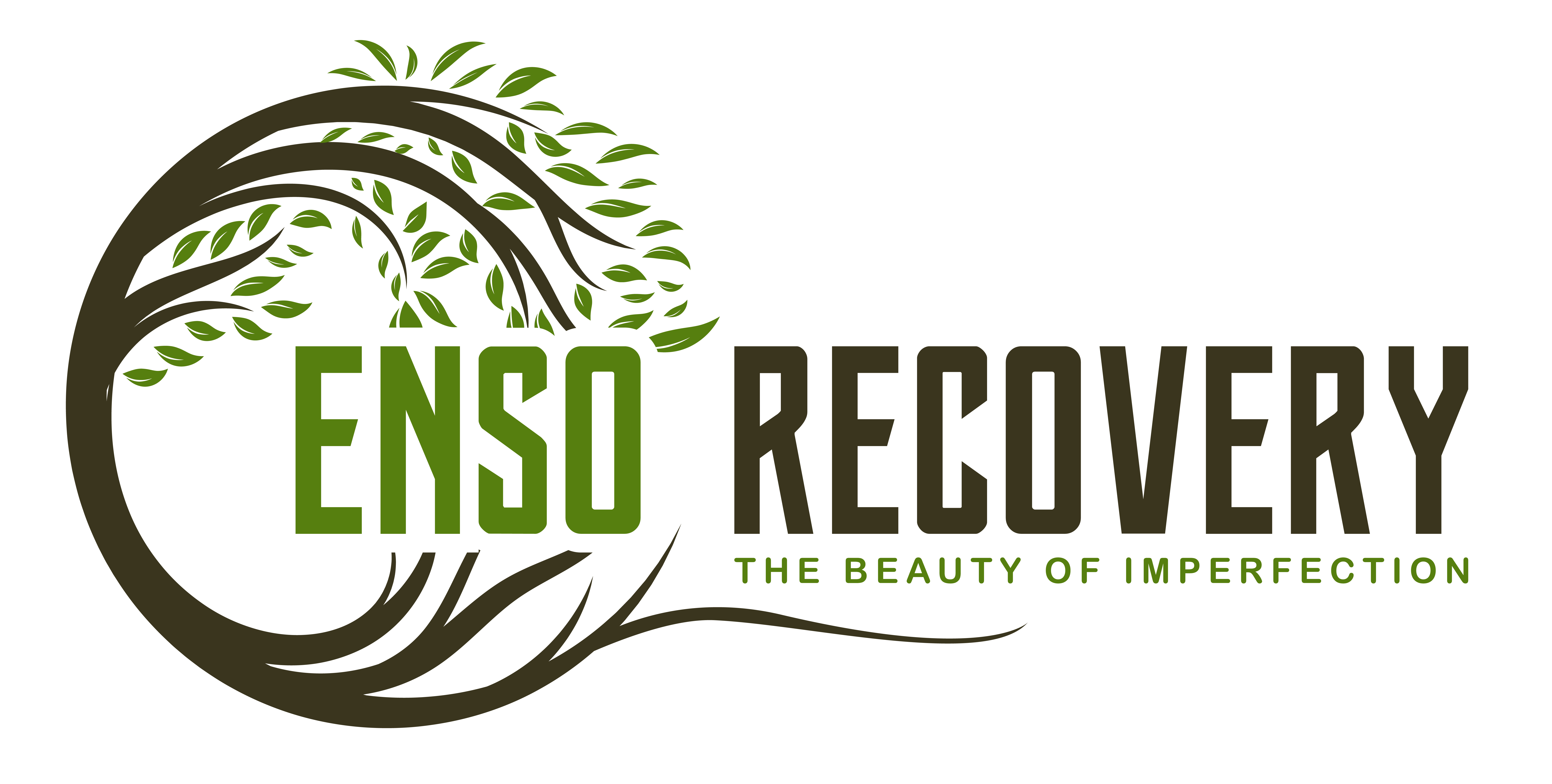The opioid crisis has devastated communities across the United States, and at the forefront of this epidemic is a potent synthetic opioid known as fentanyl. This comprehensive overview explores the dangers associated with fentanyl use and its impact on individuals and communities, with a focus on the situation in Maine.
What is Fentanyl?
Fentanyl is a synthetic opioid originally developed for pain management in cancer patients. It’s typically used to treat severe pain or manage pain after surgery. However, its potency and addictive properties have led to widespread misuse and a surge in overdose deaths.
The Alarming Potency of Fentanyl
What makes fentanyl particularly dangerous is its extreme potency:
- Fentanyl is 50 to 100 times more potent than morphine
- It’s 30 to 50 times more potent than heroin
- A dose as small as 2 milligrams can be lethal
This potency means that even a slight miscalculation in dosage can lead to a fatal overdose, making fentanyl use extremely risky.
The Impact on Communities
The fentanyl crisis has had a devastating impact on communities across the country, including Maine:
- The presence of fentanyl in the drug supply has led to a surge in accidental overdoses
- Communities are grappling with increased healthcare costs and strain on emergency services
The Hidden Danger: Fentanyl in Other Substances
One of the most insidious aspects of the fentanyl crisis is its presence in other illicit drugs:
- Fentanyl is often mixed into heroin, cocaine, and counterfeit prescription pills
- Users may unknowingly consume fentanyl, greatly increasing the risk of overdose
- Even non-opioid users are at risk due to this contamination
The Risks of Accidental Exposure
Fentanyl’s potency poses risks beyond intentional use:
- First responders and law enforcement officers can be at risk of accidental exposure
- Inhalation of fentanyl powder can lead to adverse effects
- Proper handling and protective equipment are crucial when dealing with suspected fentanyl

The Importance of Awareness and Education
Combating the fentanyl crisis requires widespread awareness and education:
- Understanding the signs of fentanyl overdose can save lives
- Knowledge about naloxone (Narcan) administration is crucial
- Community education programs can help reduce stigma and increase support for those affected
ENSO Recovery’s Approach to Fentanyl Addiction
At ENSO Recovery, we understand the unique challenges posed by fentanyl addiction. Our approach includes:
- Specialized treatment protocols for fentanyl addiction
- Comprehensive medical and psychological support
- Education on overdose prevention and harm reduction
- Long-term recovery planning to address the high risk of relapse
ENSO Recovery: Equipped to Handle the Fentanyl Crisis
With locations in Augusta (90 Western Ave, Augusta, ME 04330) and Sanford (14 Winter St, Sanford, ME 04073), ENSO Recovery is well-equipped to address the complex challenges of fentanyl addiction:
- State-of-the-art treatment facilities
- Experienced staff trained in the latest addiction medicine practices
- Comprehensive outpatient programs
- Recovery residences for ongoing support
- Individualized treatment plans that address the unique needs of those affected by fentanyl
Hope in the Face of the Fentanyl Crisis
While the dangers of fentanyl are severe, it’s crucial to remember that recovery is possible. With proper treatment, support, and ongoing care, individuals can overcome fentanyl addiction and reclaim their lives.
If you or a loved one is struggling with fentanyl addiction, don’t wait to seek help. The risks are too high, and every day counts in the fight against this powerful drug.
Take the first step towards a fentanyl-free life today. Call ENSO Recovery at 207-245-1800 to learn about our specialized programs for fentanyl addiction and how we can support your journey to recovery.
